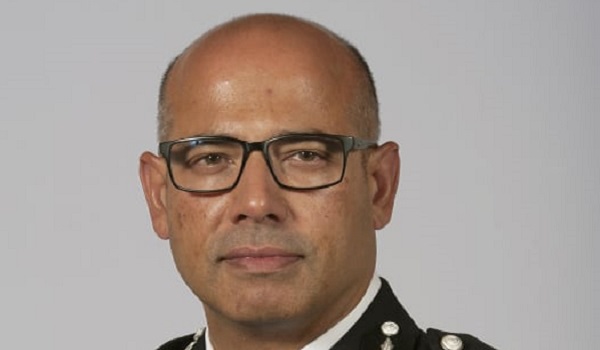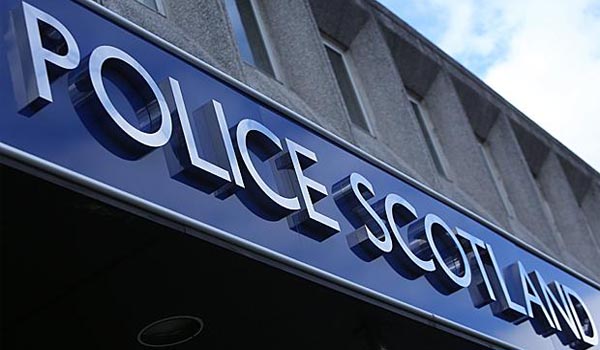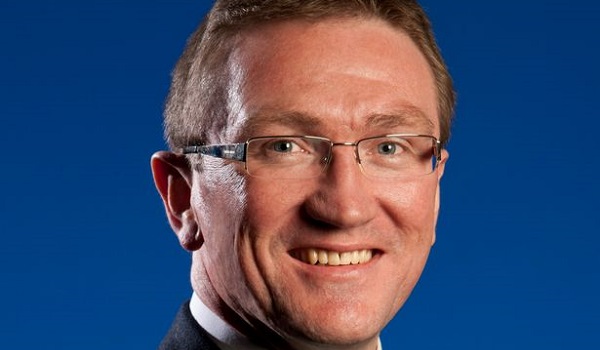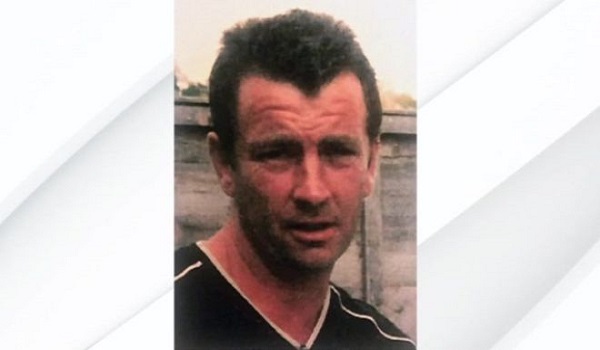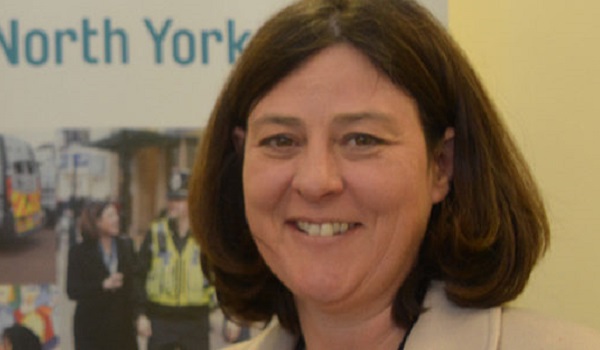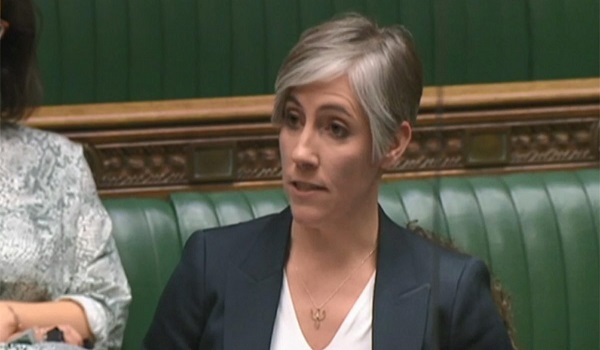NPCC launches taskforce to draw up ‘plan of action’ on racial inequality in policing
A group of some of the most senior police officers in the country are being brought together to address issues around racial inequalities in policing.
The National Police Chiefs’ Council (NPCC) said the working group would include “chief officers with experience of being people of colour within UK policing”. However, only two of the 12 members are from BAME backgrounds. One is Metropolitan Police Service (MPS) Assistant Commissioner Neil Basu, the most senior BAME officer in the country, and the other is North Yorkshire Police Deputy Chief Constable Phil Cain.
The other members are: Greater Manchester Police Chief Constable Ian Hopkins, the NPCC diversity lead; Essex Police Chief Constable BJ Harrington, the NPCC public order lead; Bedforshire Police Chief Constable Garry Forsyth, NPCC lead for race and religion; West Midlands Police Chief Constable Dave Thompson, NPCC vice-chair; Cumbria Constabulary Chief Constable Michelle Skeer; Gwent Chief Constable Pam Kelly, the NPCC workforce lead; and MPS Assistant Commissioner Helen Ball.
The group will work with NPCC chair Martin Hewitt and College of Policing chief executive Mike Cunningham to develop a plan of action looking at issues of diversity and inclusion and then consult on it.
Mr Hewitt said: “Two weeks ago, as leaders of the police service, we gave our reaction to the death of George Floyd. We made clear our determination to tackle racism, discrimination and bias wherever we find it.
“Since then, our officers and staff have witnessed people from all parts of society across the UK take part in Black Lives Matter events to express their frustration and anger at inequalities and injustices, some of it focused on the way we police. Over 220,000 people have participated in what have been overwhelmingly peaceful demonstrations across the UK. Against the backdrop of the Covid-19 pandemic, these protests have been very challenging to police, and it is very disappointing that at a small minority of events officers faced totally unacceptable levels of violence.
“We are listening to the national debate and we are reflecting on our place in it. We are speaking to our staff and will continue listening to what it means to be a person of colour in our service. We will keep engaging with and hearing our communities.
“We rightly pride ourselves on a police service that is of the community, and polices with the consent of that community. What has become clear is that for some of our staff, and for some of our communities, that is not how it feels.
“We need to act now.”
Mr Hewitt added: “How do we make our service more reflective of the communities we serve, and inclusive for our black, Asian and ethnic minority officers and staff? How do we address concerns about use of stop and search and the use of force? These are complex challenges, and they are not new. Much work has been done or is being done to address them and progress has been made. But we fear it is not enough and change is not moving as quickly as it needs to.
“We need to look at all our programmes of work that impact in this area and be clear about the action we will take and when we will take it.
“In the next few weeks, we will keep discussing and thinking about these complex issues as we develop a plan of action working with all chief constables. This plan of action must be developed and delivered with the help of all parts of the service, and with the support and challenge of our communities – particularly people of colour.
“We police in an imperfect world and we cannot solve all its issues. We are incredibly proud of our police service and the people in it, but we must always strive to improve and we must use this defining moment to drive lasting changes for the benefit of all our communities – without exception.”
The plan of action is expected to be completed by the end of July, at which point the consultation will begin.


